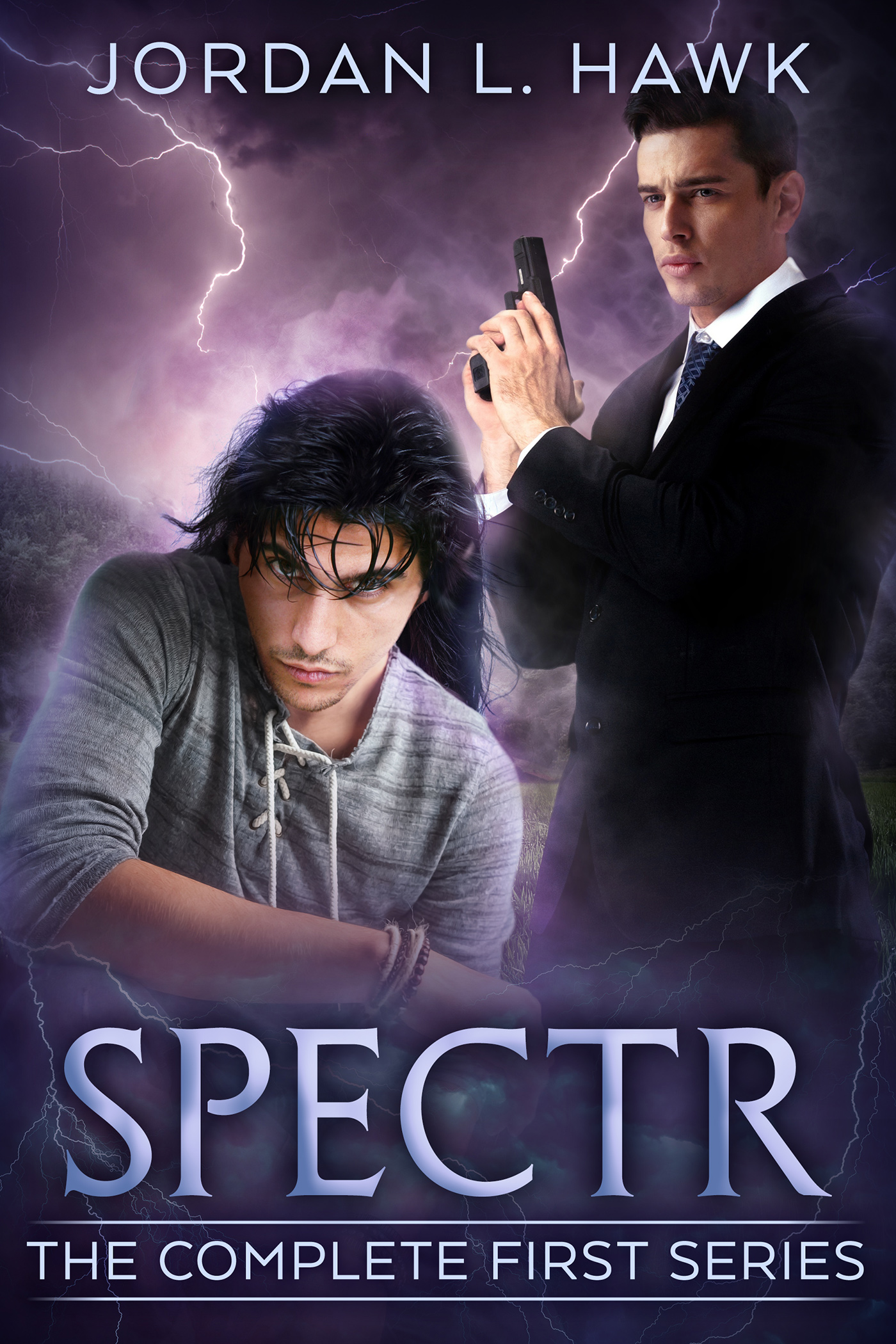Single entity, 10,000 years old, seeks same. Must be into inhabiting dead bodies and drinking the blood of the possessed. [loc. 899]
This is technically six (short) books but published in, and devoured as, an omnibus edition. The premise is simple: demons exist, though the modern term is NHE, Non Human Entity. They possess humans, and must be driven out before the possession becomes permanent -- a forty-day window. Government bodies such as, in the US, SPECTR (Strategic Paranormal Entity Control) employ exorcists like John Starkweather to drive NHEs out of their hosts and into bottles,enabling them to be humanely euthanised. But when Caleb Jansen, an artist and part-time barista, becomes host to the powerful demon that was previously walking around in his brother's corpse, John's world view is shaken. This demon names itself Gray (because Caleb is its first living host, and everything is suddenly in colour) and seems resistant to, and rather amused by, John's efforts at exorcism: and both John and Caleb come to realise that Gray is not their average NHE.
This was a fast and utterly gripping read, with three compelling and well-drawn protagonists and a host of supporting characters, including plenty who aren't white men. It's a romance, a tale of corruption and hidden agendas, and an examination of demon ecology and the ways in which the presence of demons affects the world. ('the 9-11 demons'; registration for anyone with paranormal abilities, unless they can hide their gifts; the underlying truths of mythology ...) Each of the six books in this omnibus features a different demonic threat (wendigo, succubus, drakul, et cetera) and this first 'season', which builds episode by episode to a grand finale, spans a period of just over a month.
I didn't really engage with my first Jordan L Hawk read (Widdershins) but I found the SPECTR setting, style and voice -- third-person, alternating between the three protagonists, one of whom exists in present tense ("there is only ever now") -- more enjoyable. Perhaps the humour is more apparent here, or perhaps it's the characters that appealed. I certainly approved of the percentage of strong female colleagues and antagonists, and the lack of feminisation of the male characters. (Gray has some interesting views on gender and sex, too.) And the modern-day Charleston setting makes an excellent backdrop.
So of course I instantly bought the second-series omnibus ...

No comments:
Post a Comment